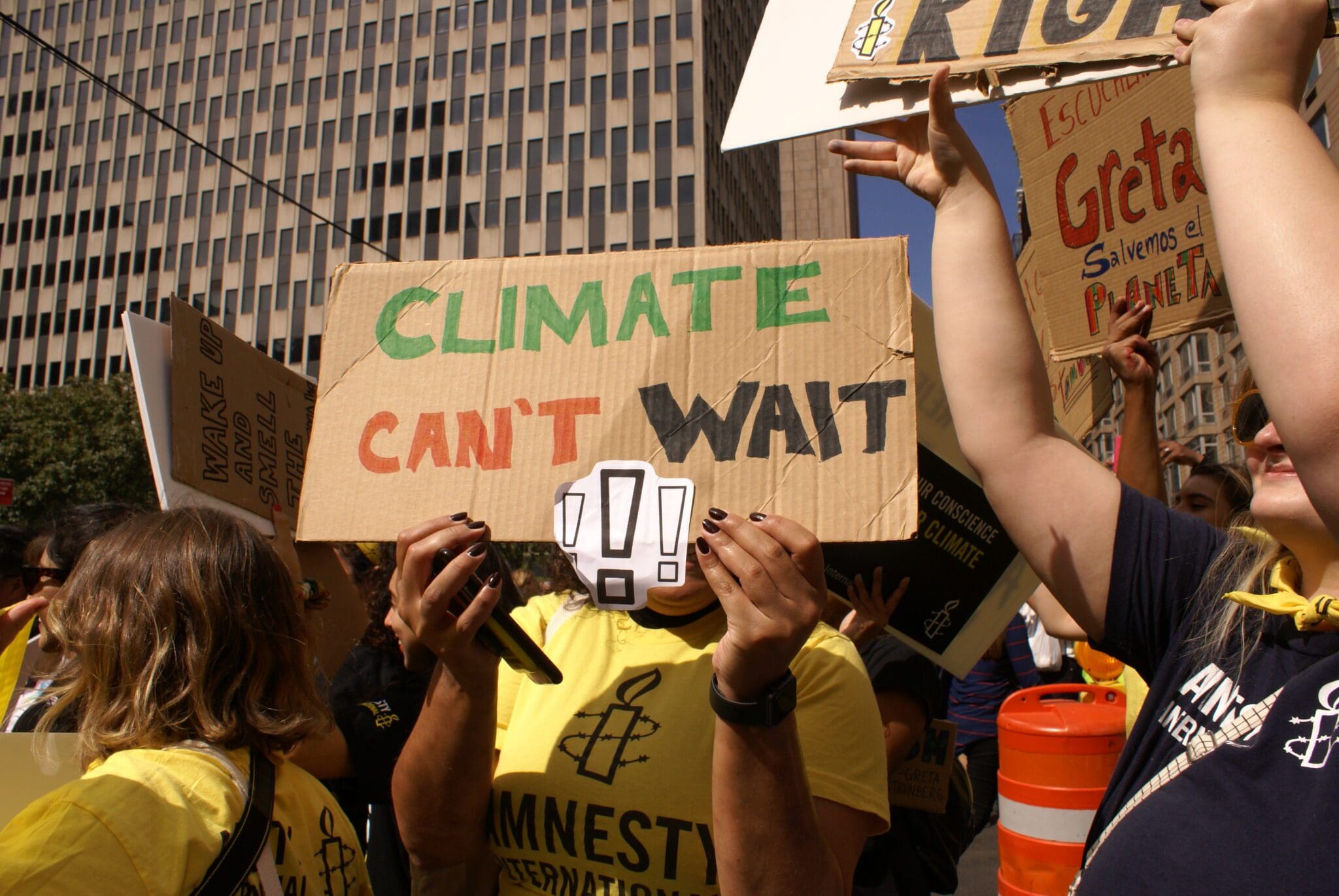
WHAT IS THE PROBLEM?
The planet’s climate has constantly changed throughout the Earth’s history with significant fluctuations of global average temperatures. However, the current period of warming is occurring more rapidly than any past events within human history.
The vast majority of climate scientists conclude that humanity has caused most of the last century’s warming by releasing heat-trapping gasses – known as greenhouse gasses – to power our modern lives. We are releasing these gasses through the burning of fossil fuels, industrial agriculture and land-use change, transportation and other activities that drive the climate crisis. Greenhouse gasses are present in the atmosphere today at the highest levels they have ever been over the last 800,000 years.
The climate crisis involves not only a rise in the global average temperature, but also a range of other impacts at a rate that is too fast for living things to adapt to.
Research has shown that the climate crisis has led to the increased intensity and frequency of certain weather events, such as extreme heat, wildfires and extreme rainfall from tropical storms. The climate crisis also alters precipitation patterns and leads to glacial melting, sea-level rise, salt water intrusion and ocean acidification, and contributes to shifting wildlife populations and habitats and to biodiversity loss.
